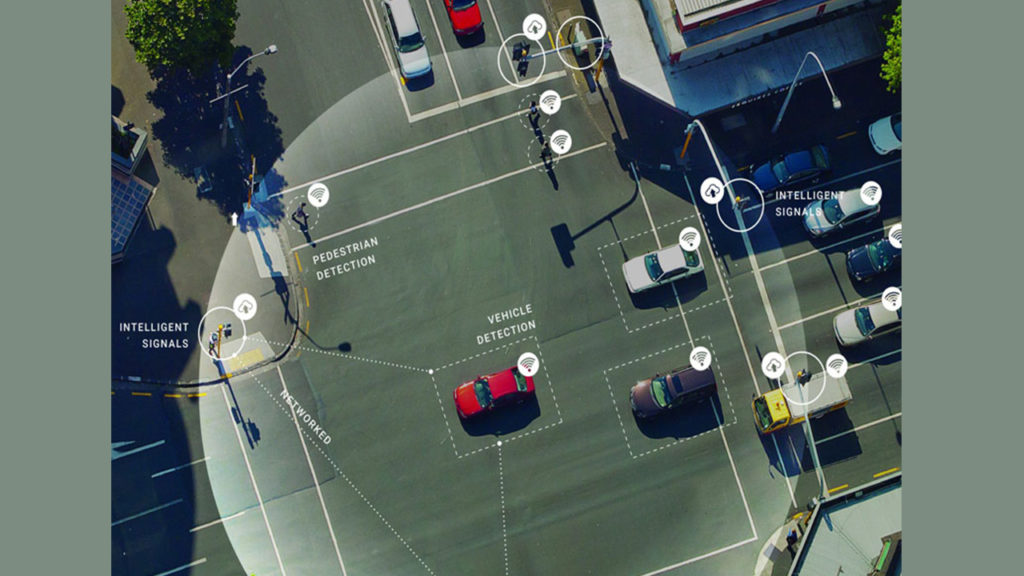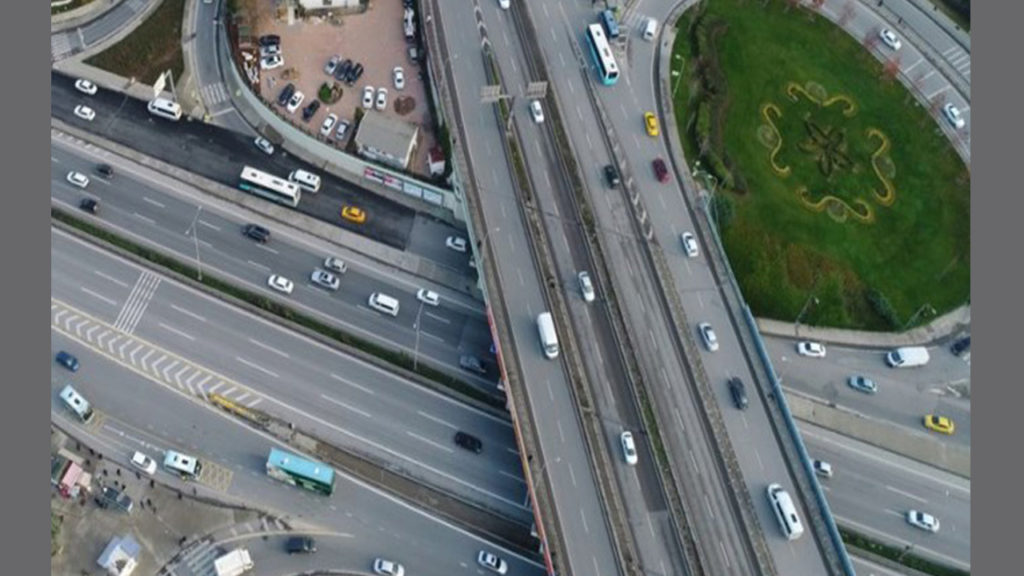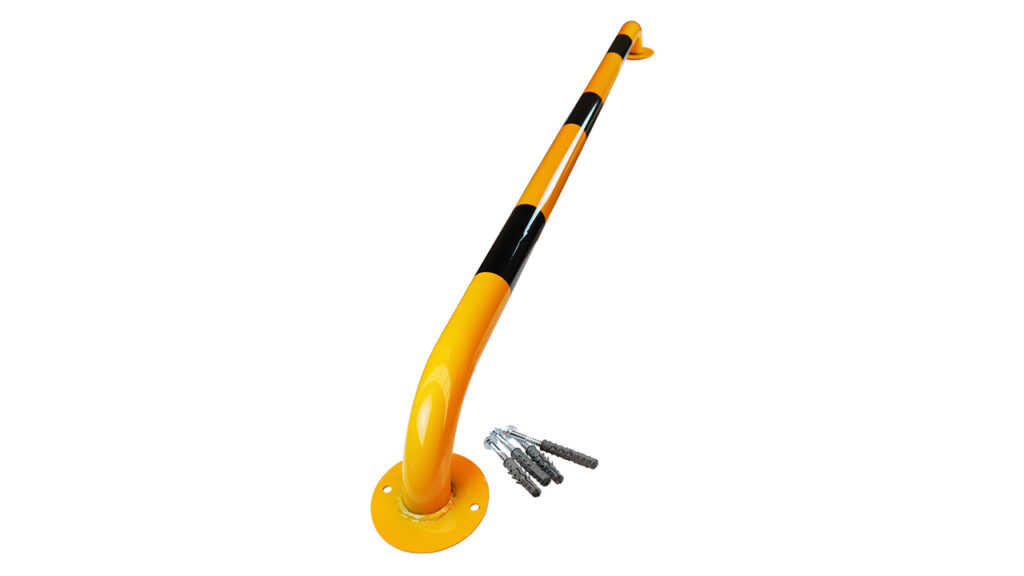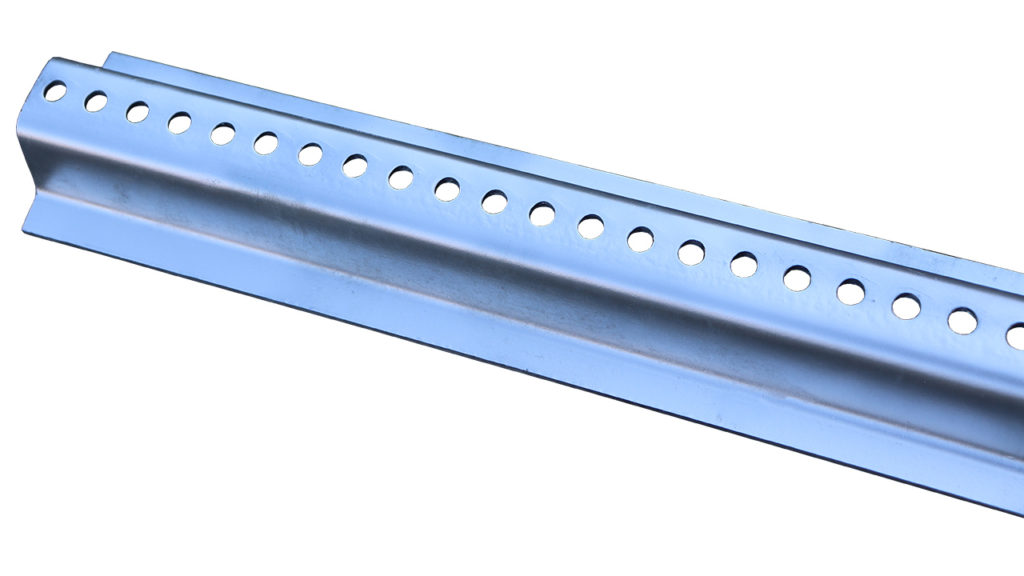
What Is the Difference Between Loop Detectors and Traffic Cameras?
We will try to give information about the difference between loop detectors and traffic cameras which are used as sensors to detect vehicles in signalized intersection management. Loop detectors, which have been used for the detection of number of vehicles for many years, started to play a role in intersection management with algorithms such as SCATS and SCOOT. However, the placement of these sensors on the ground by cutting the asphalt has always been a major concern and for this reason, many different sensors were produced as alternatives, but they did not provide the cost / performance success of loop detectors until the beginning of 2000s.
Thanks to advances in image sensor technology over the past 20 years, cameras have become very advantageous in terms of both cost and image quality and thanks to it cameras usage in the traffic management has accelerated. Especially with become cheaper of IP based high resolution cameras and the increase in field strength, the use of traffic cameras at intersection management has prevented the use of loop detectors. Some cases specific to our country make the choice of traffic cameras to loop detectors almost obligatory. The average lifetime of the loop detectors is calculated to be approximately one year due to low quality asphalt and damage to the ground as a result of heavy vehicles carrying loads at higher tonnages than allowed. However, in signalized intersections where the service level is already low, only systems operating based on vehicle counting (loop detector-based) fall far behind systems that can calculate occupation in terms of efficiency (traffic camera-based).
There is a list of advantages/disadvantages of loop detectors and traffic cameras below:
Advantages of Loop Detectors:
– High accuracy in count values,
– Vehicle classification capability.
Disadvantages of Loop Detectors:
– The need to cut asphalt during installation,
– Road deformation because of the cutting the asphalt,
– Damage and failure of the cables laid on the road as a result of the movement of the asphalt.
Advantages of the Traffic Cameras:
– No intervention to the road / ground during installation,
– Not to be affected by the works on the ground,
– Able to produce occupied area value over a wide area in directions
Disadvantages of Traffic Cameras:
– Camera pole requirement
– Poor performance in vehicle classification.
When we keep in mind the above factors, there are totally 24 loop detectors (one input detector and one output detector for each lanes) is used for 3 lanes and 4 direction of signalized intersection. 4 pieces of traffic camera is enough for the same intersection. In this case, the service period of loop detector solution should be twice every month. The average service period for traffic camera solution is nine months. (The MTFB value of traffic cameras is approximately 3 years. This value may much higher). The second fundamental element, performance, is taken into consideration, while traffic camera solutions can produce 42% less standby time than optimized signal times in the simulation environment and in the light of real data, the same value is given as 32% for loop detector solutions. Based on the same example, the placement of 24 loop detectors will result in higher costs than the traffic camera solution. However, the installation time will be much higher for the loop detector solution.
The use of loop detector has disadvantages according to the traffic camera solutions in terms of cost, performance and service needs. On the other hand, using loop detectors at 3 direction semi-traffic actuated intersections serving few numbers of vehicles which is also known as “T” intersections may be advantageous. Traffic camera solutions are more effective if we consider the conditions of our country. However, awareness of traffic cameras is still low, and the applications are insufficient. Loop detectors are used where traffic cameras can be operated at lower costs and higher performances. Consequently, in selection of sensors to be used in installation of full traffic actuated systems must be decided according to the parameters which mentioned above. Usually, traffic camera solutions can be advantageous at intersections which are planned to offer high service. Using loop detector solutions can be advantageous at intersections with low service if we use limited numbers of loop detectors.







